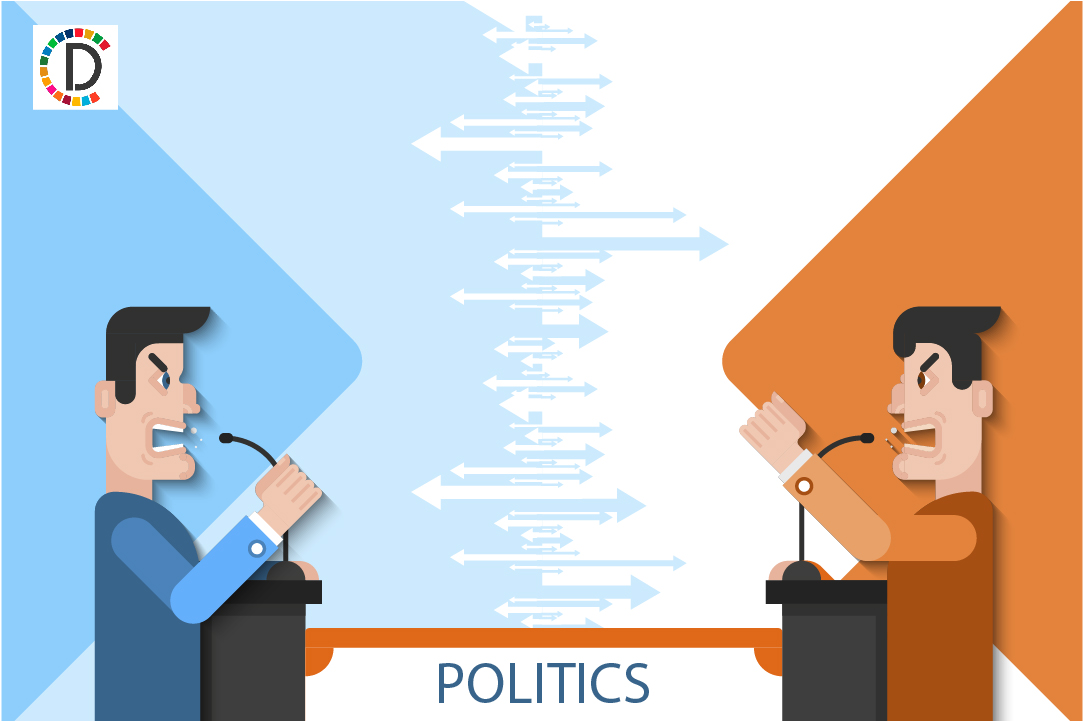Trump campaign slams plan to change debate rules after unruly Cleveland encounter
With little over a month to go before the Nov. 3 election, the two candidates are fighting for the small slice of the electorate that remains undecided, with a new Reuters/Ipsos poll showing most voters have already made up their minds. Following Tuesday night's debate in Cleveland that saw Trump regularly interrupt and talk over both Biden as well as the moderator, the presidential debates commission said it would adopt changes to allow for a "more orderly discussion" with the next debate scheduled for Oct. 15 in Miami.

- Country:
- United States
President Donald Trump's re-election campaign on Thursday rejected calls for new rules to govern the next two debates between him and Democratic challenger Joe Biden, after a first matchup marred by constant interruptions and outbursts. With little over a month to go before the Nov. 3 election, the two candidates are fighting for the small slice of the electorate that remains undecided, with a new Reuters/Ipsos poll showing most voters have already made up their minds.
Following Tuesday night's debate in Cleveland that saw Trump regularly interrupt and talk over both Biden as well as the moderator, the presidential debates commission said it would adopt changes to allow for a "more orderly discussion" with the next debate scheduled for Oct. 15 in Miami. There was immediate speculation that could include a mute button to limit the interruptions that plagued the initial encounter between Trump and Biden, the first of three before the election.
"Why would I allow the Debate Commission to change the rules for the second and third Debates when I easily won last time?" Trump asked in a tweet on Thursday. He did not indicate whether a change in rules would affect whether or not he participated. Both campaigns agreed to the rules of Tuesday's debate, which had envisioned six 15-minute sections in which each candidate had two minutes to answer a question without interruption before beginning a back-and-forth.
"We don't want any changes," Trump senior campaign adviser Jason Miller said on a conference call with reporters about the debates. Campaign officials did not respond to a question about whether Trump would agree to abide by the existing rules. The 90-minute face-off on Tuesday triggered widespread criticism of Trump and, to a lesser extent, Biden. The Republican president repeatedly bullied Biden and questioned his intelligence, while the Democratic nominee called Trump a racist, a liar and the worst president ever.
In a statement on Wednesday, the debates commission said it would announce changes to the debate format soon. Biden campaign spokesman Andrew Bates said the former vice president would participate in upcoming debates under the rules laid out by the debates commission.
"The only real question left is whether the President will start following the rules in the next two debates," Bates said in an email. MICHIGAN CHARGES
The campaign is also playing out against disputes over mail-in balloting during the coronavirus pandemic. Michigan Attorney General Dana Nessel, a Democrat, charged two conservative political operatives with felonies on Thursday for allegedly trying to discourage people from voting by mail. Nessel's office said the two men were behind computerized phone calls to nearly 12,000 people in Detroit and other urban areas, in which a recording made false claims that people who voted by mail could be subject to more scrutiny by police and by credit-card companies seeking payment.
Trump has said repeatedly without evidence that a shift to universal mail-in voting would lead to fraud in the November election. Millions of Americans have cast absentee ballots by mail for years without such problems. Biden leads Trump in most national public opinion polls, but the polls also show that the two are neck and neck in several states that could determine the winner of the contest.
In a Reuters/Ipsos poll conducted nationwide from Tuesday through Thursday, 50% of likely voters said they were backing Biden, while 41% said they were voting for Trump. Four percent said they were voting for a third-party candidate and 5% were not sure. Eighty-seven percent of likely voters said they were now "completely certain" about their choice for president, according to the poll. More than 2 million voters have already cast ballots, with a surge of early and mail voting expected this year due to the coronavirus pandemic.
(This story has not been edited by Devdiscourse staff and is auto-generated from a syndicated feed.)
- READ MORE ON:
- Joe Biden
- Democratic
- Ipsos
- Jason Miller
- Dana Nessel
- Cleveland
- Miami
- MICHIGAN
- Republican
- Americans
- Detroit
ALSO READ
Lionel Messi scores fifth goal and has an assist in Inter Miami's 3-2 win over Sporting KC
Democrats aim to gain control of tied Michigan House in upcoming special elections
Messi scores twice, Inter Miami beats Nashville SC 3-1
'Uncommitted' organizers will join campus protesters in Michigan over Gaza










